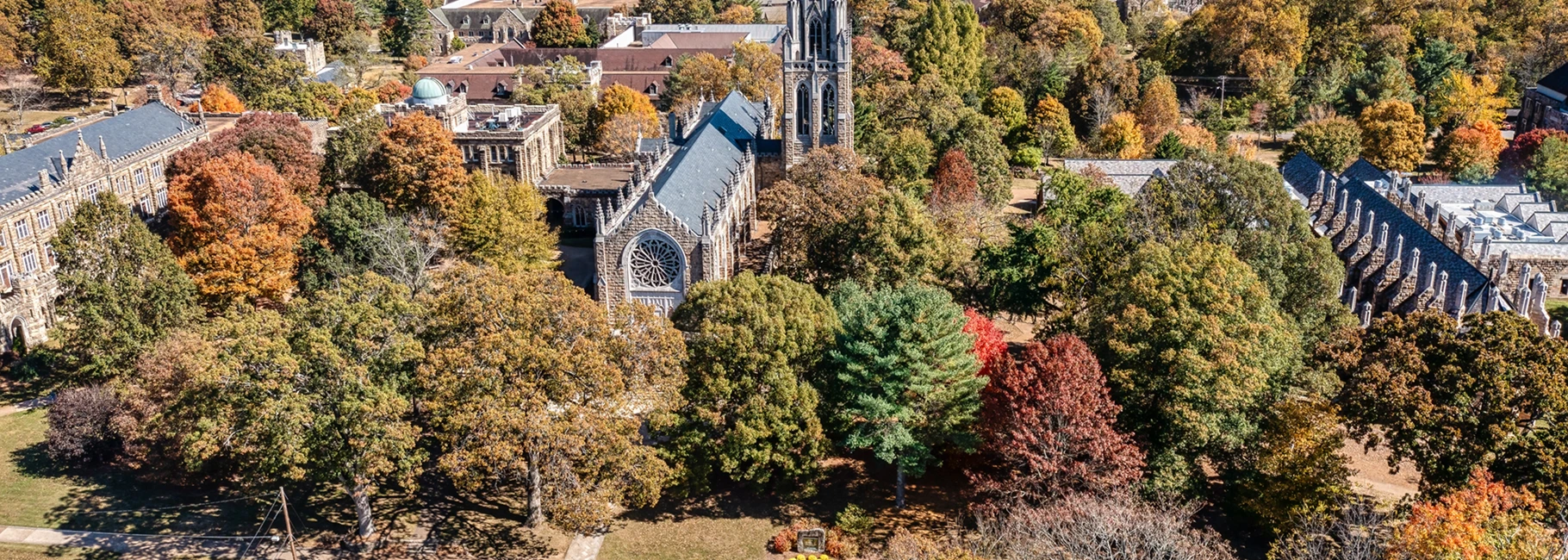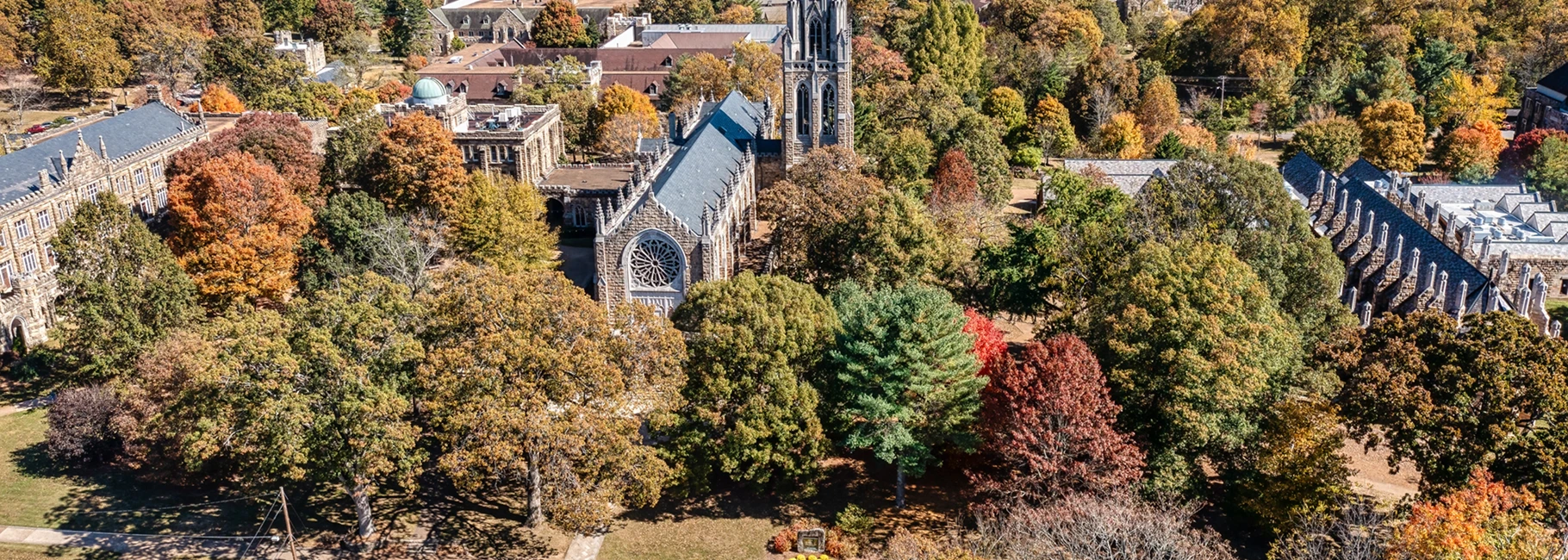IvyWise On-Demand: Beyond the Rankings: Discover Hidden Gems for Your College List
Join IvyWise college admissions counselors as they explain how students should consider their interests, goals, and preferences to begin the college search process and go beyond the most well-known institutions to find hidden gems.
Watch Now
By Christine, IvyWise College Admissions Counselor
Nearly 3,000 degree-granting post-secondary institutions dot the American higher education landscape. We mostly hear about the colleges and universities that grace rankings and lists. While these are excellent schools, there are plenty more that don’t get the attention they deserve. At IvyWise, we emphasize thoroughly researching colleges to find those that are the right fit for your needs and goals, whether they’re well-known schools or lesser known. Below are a few hidden gems that are worth a look.
College of Wooster: Wooster, Ohio
At the College of Wooster, scholarship is a truly prized and serious endeavor. Wooster’s intellectual hallmark is mentored undergraduate research, which helps students develop skills in independent judgment, project management, creativity, and time management. As early as the second semester of their first year, students are eligible to work on research projects under faculty supervision. Through the Sophomore Research Program, students can work as paid research assistant positions with faculty. Open to all majors during the summer, the Applied Methods and Research Experience pairs students and professors with local businesses, nonprofits, and agencies for hands-on, experiential learning — students in the program also earn a stipend.
Wooster is a liberal arts college that offers STEM majors in addition to the more traditional programs in humanities, social sciences, and the arts. Students can also pursue Pathways, such as public health and entrepreneurship, which bring together academic interests, career exploration, and experiential opportunities. The culmination of the Wooster intellectual journey is the year-long senior independent study, through which students deeply explore a subject by completing a research or creative project.
Whitman College: Walla Walla, Washington
Nestled below the scenic Blue Mountains is Whitman College. With easy access to hiking, biking, whitewater rafting, and rock climbing (including their state-of-the-art climbing center), Whitman is a haven for outdoor enthusiasts. Indeed, in addition to enjoying NCAA Division III and club sports, nearly 70% of students participate in intramurals. Annually, Whitman brings together Ultimate Frisbee teams from all over the Northwest for its OnionFest.
Academically rigorous across the disciplines, Whitman is among the few liberal arts colleges with an astronomy program — which can intersect with other fields, such as geology and physics. Whitman boasts a planetarium on its campus, where astronomy students can present outreach lessons to local students. Nearby at the college’s Bracher Observatory, students can study the night sky through the 16-inch Newtonian telescope. For the engineering-inclined liberal arts students, Whitman offers a 3-2 dual degree engineering program, partnering with CalTech, Columbia, WashU (in St. Louis, MO), and the University of Washington.
The University of the South: Sewanee, Tennessee
With its gothic architecture and gorgeous campus, the University of the South (also known as Sewanee) could be mistaken for a centuries-old institution in Europe. Traditions continue to be integral to Sewanee — it is not atypical for students to dress up for class to show respect for the faculty and education they are receiving. After their first year, students may be elected to the Order of the Gown (OG), based on their academic performance. Membership garners benefits like receiving priority in dorm draw and class registration, not to mention wearing academic gowns around the campus.
Among their academic offerings, Sewanee’s Integrated Program in the Environment (SIPE) is a real strength. SIPE students have access not only to a working farm and a 13,000-acre forest, but also to environmental internships, research opportunities, and study-away experiences in Iceland, Haiti, Belize, New Zealand, the western U.S., or St. Catherines Island off the coast of Georgia.
St. John’s College: Annapolis, Maryland and Santa Fe, New Mexico
From its colonial brick buildings in Annapolis, to its adobe-style campus in Santa Fe, St. John’s College — the third oldest college in the U.S. — is a bastion for liberal arts intellectuals. While there aren’t majors per se, students study the classics, Greek, French, history, politics, law, economics, literature, philosophy, theology, psychology, the arts, music, math, and the sciences. At the heart of its interdisciplinary curriculum are the Great Books: “200+ revolutionary books over 3,000 years,” according to the school.
All classes are conducted as discussion-based seminars with fewer than 20 students, led by faculty whose only job is to teach. Outside the classroom, students enjoy an active campus and social life, from sports to performance groups. Indeed, the Johnnies are a national powerhouse in croquet!
I could go on with so many more colleges, but the best way to find these gems is to dig in and do your own research! Of course, IvyWise college admissions counselors are experts at helping students find their best-fit schools — campuses where they will succeed and thrive. To learn more about how we can help you plan and prepare for college, schedule an Initial Consultation.
Want more hidden gem college recommendations from our counselors?
A Former Admissions Officer’s Hidden Gem Colleges, Part 2
Hidden Gem STEM Colleges




